I’m a new believer. Where do I start?
Welcome to the family! Really you can start anywhere and pick any book of the Bible to begin learning. In addition to finding a good local church and small group, here’s one suggested path to start learning.
Understand the Gospel

01 What is life & death and why should I care?
Understanding the gospel means we must understand the problem that the gospel solves. While the word gospel means “good news,” understanding the gospel begins with bad news.
02 What is justification and why do I need it?
There are 2 consequences to our sin: 1) We experience death and futility. 2) Our rebellion is wrong and we now owe a debt to justice that must be paid. Justification is the payment of that debt.
03 What is saving faith and why is it so important?
Saving faith is the permanent, ongoing trust in God that one day He will free me completely from all the consequences and effects of sin because of the blood of Jesus Christ. Saving faith itself is a gift from God and it involves 4 things.
04 What is hope and how do I know I have it?
The “so what” of being justified by faith is now we have a reason to boast. Paul explains the 3 things we boast about in Romans 5:1-11. The first is hope.
Understand the journey
In Romans 1-4, Paul makes his case for justification by faith alone. In Romans 5 he begins answering the question “so what? Why is justification by faith so important?”
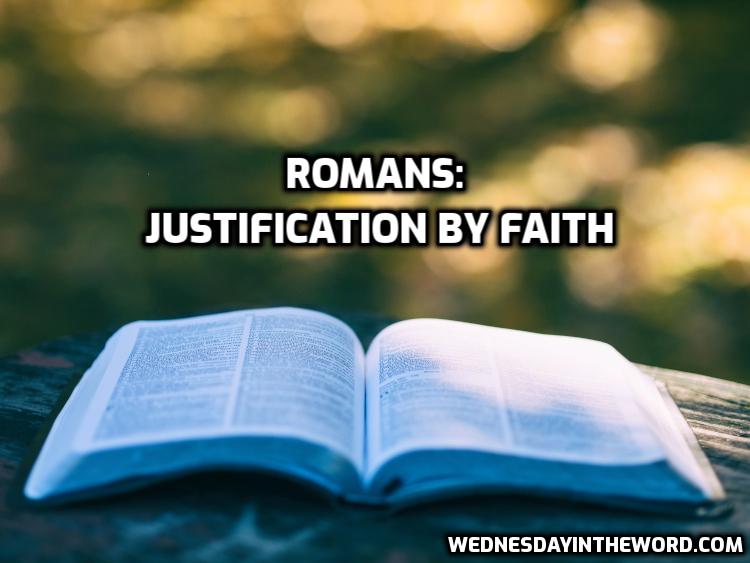
06 Romans 5:1-11 The Hope of the Gospel
With chapter 4, Paul finishes his case for justification by faith. Chapter 5 answers the question, “so what?”
07 Romans 5:12-21 Grace Abounds
Paul ends his argument for justification by faith with a final summary: grace abounds.
08 Romans 6:1-14 Grace and Slavery to Sin
With chapter 6 Paul begins answering objections to the gospel. First, “shall we sin that grace might increase?”
09 Romans 6:15-7:6 Grace and the Law
Paul answers his second challenge to the gospel: “But without the law there is no incentive to not to sin.”
10 Romans 7:7-25 Law and Sin
Paul answers the question: so if the Law multiplies our sin, is the Law sinful?
11 Romans 8.1-12 Deliverance from Sin
Paul argues that the Holy Spirit produces within believers grief over sin and eager hope for their inheritance.
12 Romans 8:12-25 Grief over Sin
Paul argues that the Holy Spirit produces within believers grief over sin and eager hope for their inheritance.
13 Romans 8:26-39 Confidence in Christ
Paul argues that because of the activity of the Spirit, we can have confidence that everything that happens to us is in our own best interests.
Faith & Works explained
James 2:14-20 is the “problem” passage of the book of James where it looks like James and Paul disagree. They use the same vocabulary (faith, works and justification) and they both appeal to Abraham. But they address different issues.


The place of trials
If God loves us and has a wonderful plan for our lives, then why is life so hard? Why must believers suffer and face tragedy? The Bible teaches that trials and sufferings are part of God’s plan. As hard as they are, we can be confident they are taking us some place we really want to go.

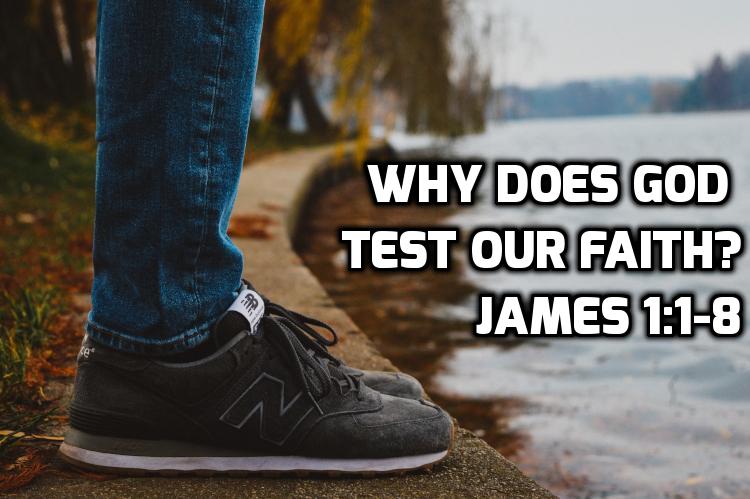
Start learning the teaching of Jesus
Parables are serious theology. But they are metaphorical theology. They teach through metaphor, simile, and dramatic action rather than through logic or reasoning, drawing us into the story. Here are 3 of the most famous parables of Jesus.
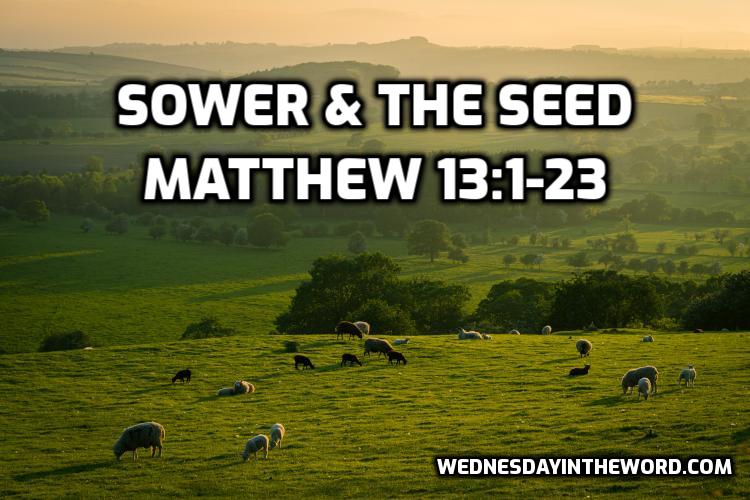
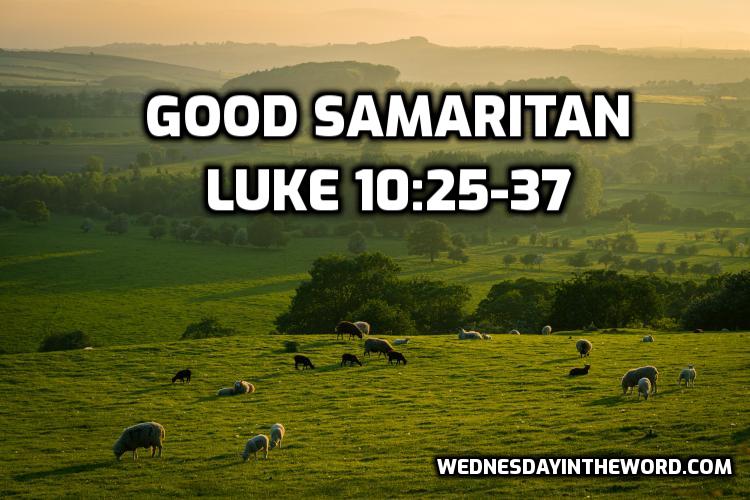
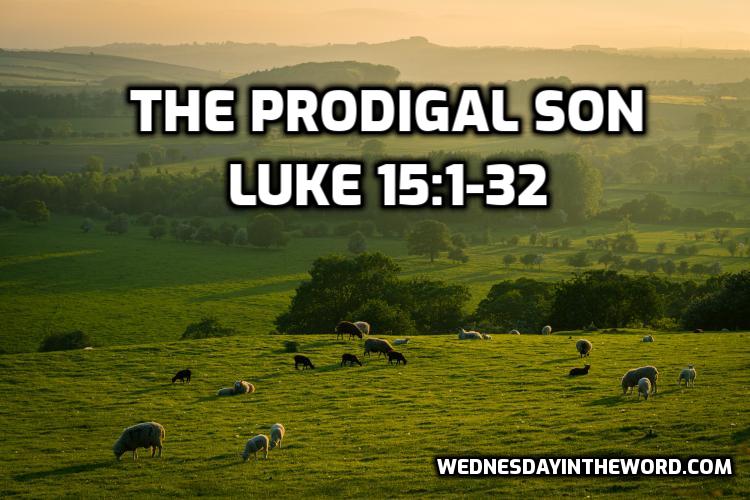
Top Photo by Matt Collamer on Unsplash

